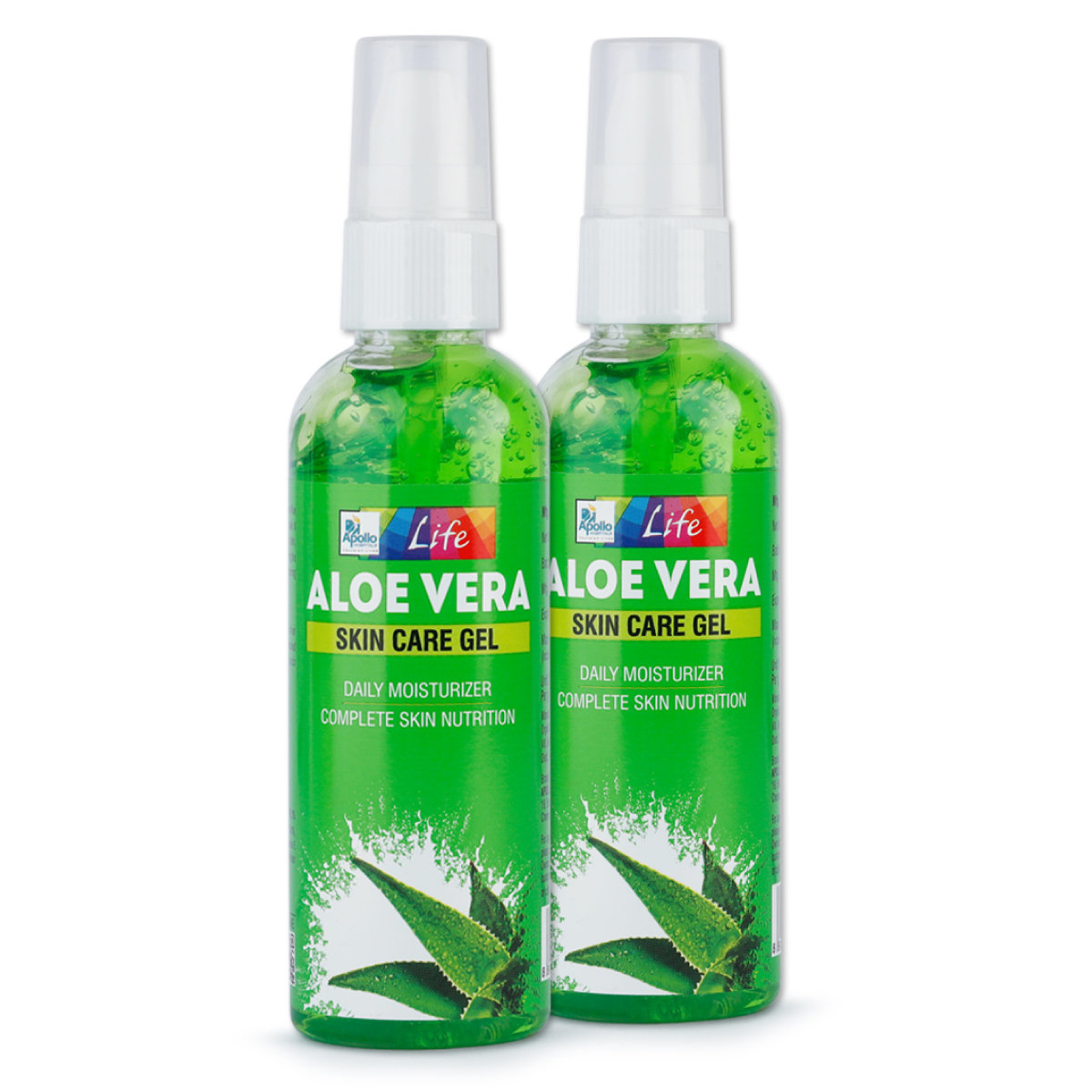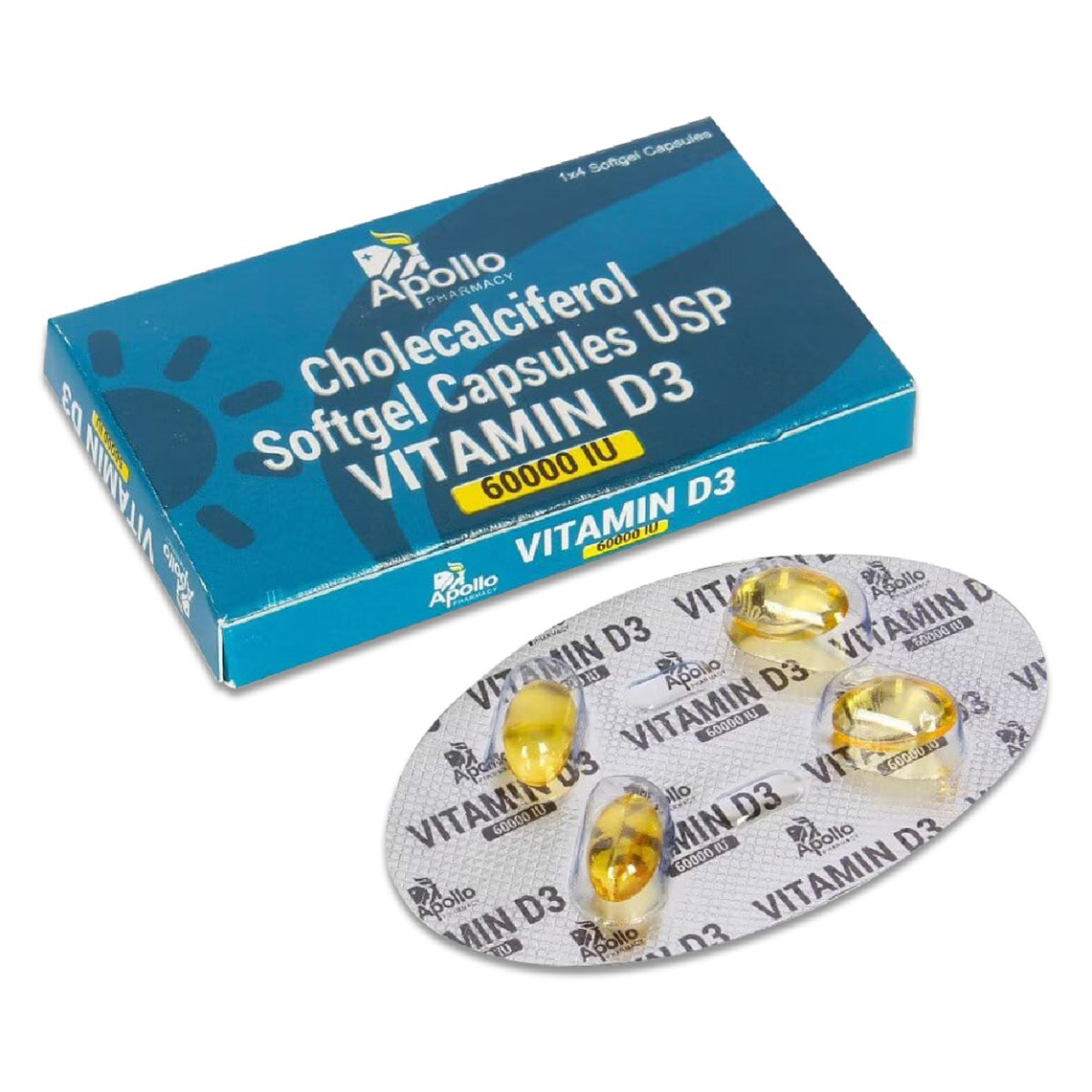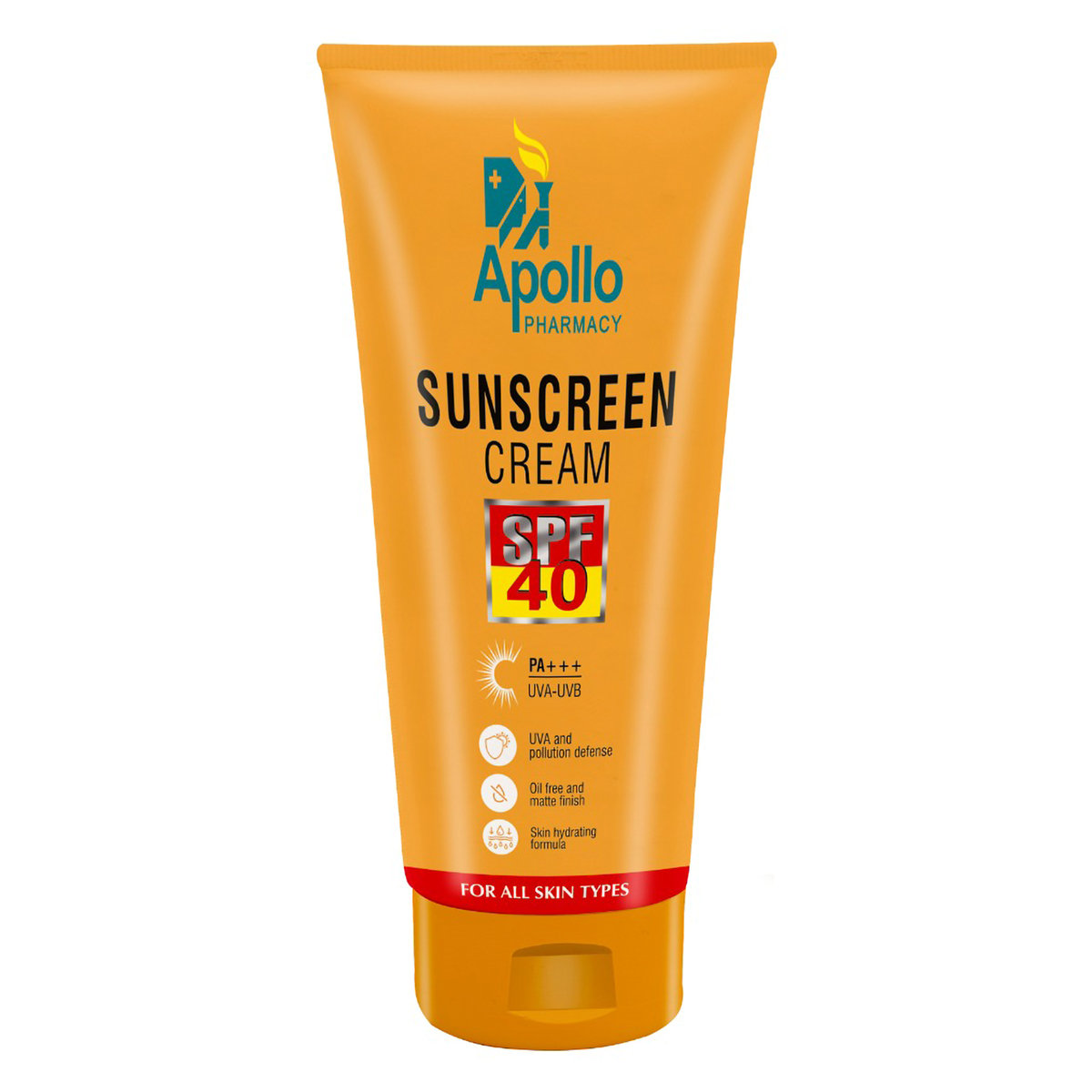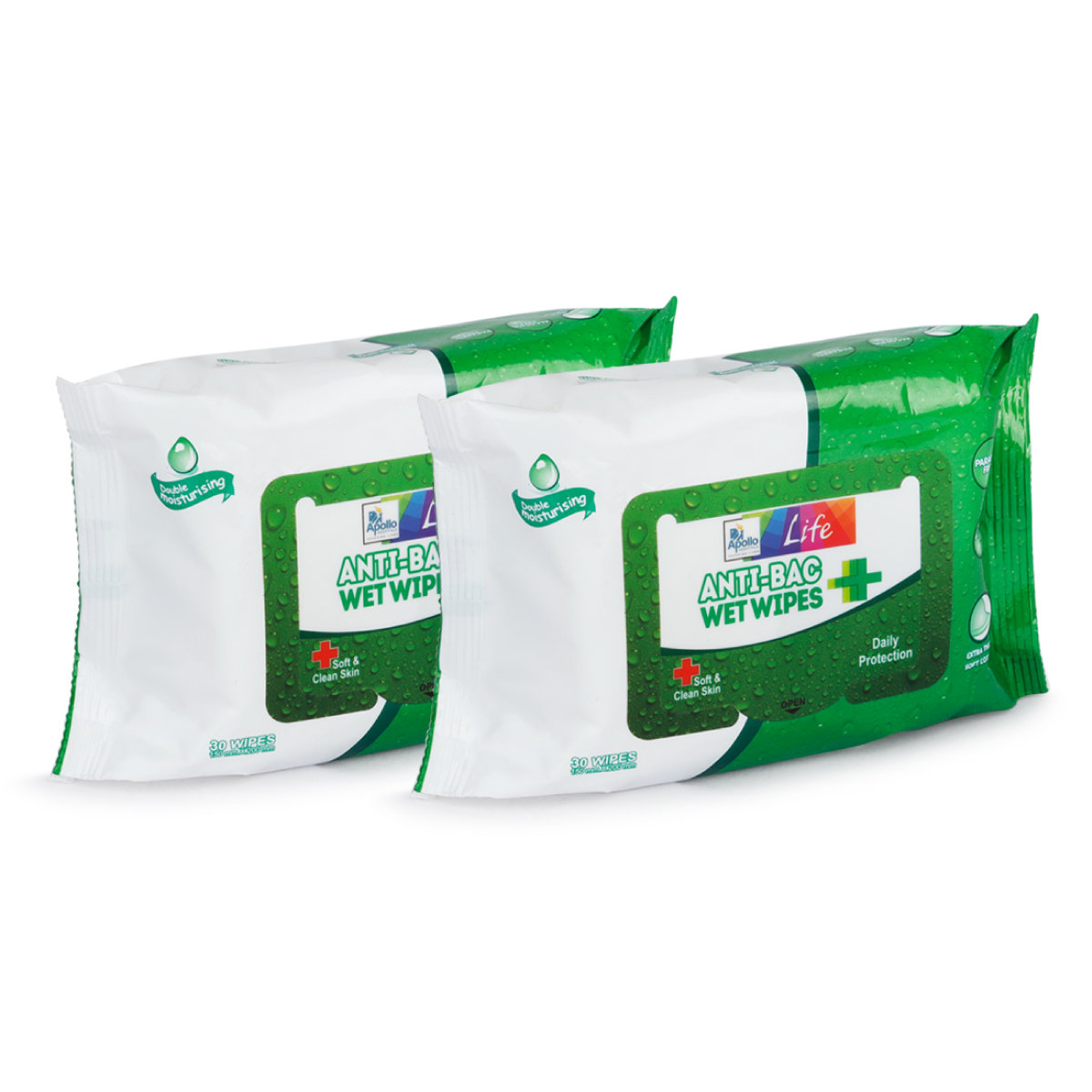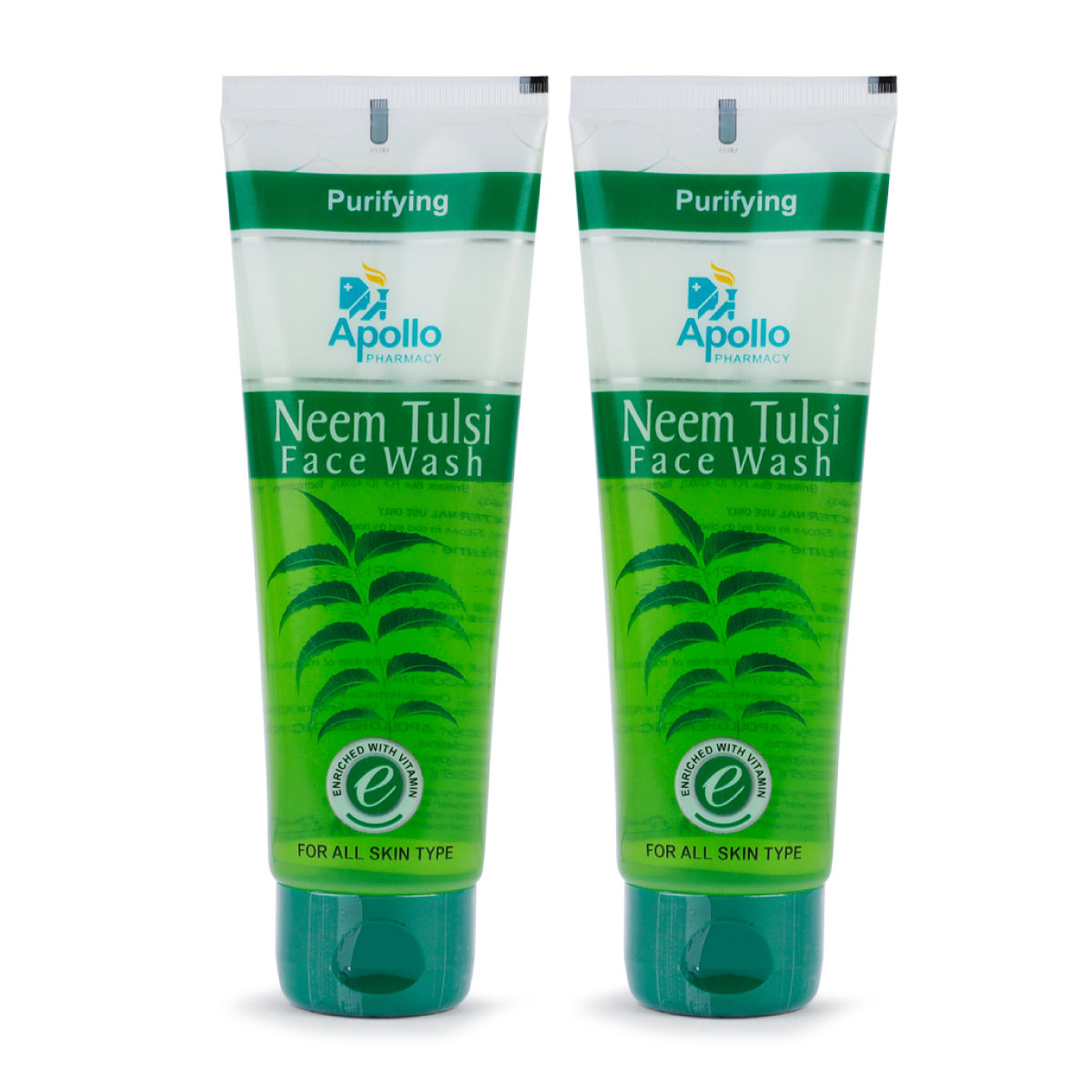Fusep-B Cream

MRP ₹123.5
(Inclusive of all Taxes)
₹18.5 Cashback (15%)
know your delivery time
Provide Delivery Location
Composition :
Manufacturer/Marketer :
Consume Type :
Expires on or after :
Return Policy :

Secure Payment

Trusted by 8 Crore Indians

Genuine Products
Therapeutic Class
Country of origin
Manufacturer/Marketer address
Disclaimer
Alcohol
Safe if prescribed
Alcohol may increase the risk of side-effects and worsen your health condition.
Pregnancy
Consult your doctor
Fusep-B Cream is a category C medicine and causes toxic effects to the fetus when used in pregnant women. So, it is not safe to use during pregnancy.
Breast Feeding
Consult your doctor
Fusep-B Cream may be excreted in breast milk and cause unwanted effects in the nursing baby. So, it should be used with caution during breastfeeding.
Driving
Safe if prescribed
Fusep-B Cream does not affect your ability to drive.
Liver
Consult your doctor
Fusep-B Cream should be used with caution in patients with liver diseases. The dose may have to be adjusted by your doctor.
Kidney
Consult your doctor
Fusep-B Cream should be used with caution in patients with kidney diseases. The dose may have to be adjusted by your doctor.
Children
Safe if prescribed
Fusep-B Cream should be used in children only if clinically needed as children absorb more amounts of medicine through the skin. However, it is not recommended for use in newborns or children below 1 year of age only if prescribed by a child specialist.
Product Substitutes
About Fusep-B Cream
Fusep-B Cream belongs to the class of medications called ‘dermatological agents’ used to treat skin diseases such as eczema and psoriasis. Eczema is a condition in which skin becomes red, itchy, and inflamed due to external agents such as soaps, dyes, or other irritants. Psoriasis is an autoimmune (immune system attacks healthy cells) skin disorder in which the skin becomes scaly, swelled up, and itchy.
Fusep-B Cream is a combination of two medicines: Beclometasone and Fusidic acid. Beclometasone is a corticosteroid and anti-inflammatory agent that blocks prostaglandin's production (chemical messengers) that make the affected area red, swollen, and itchy. Fusidic acid is an antibiotic and prevents the synthesis of essential proteins required by bacteria to carry out vital functions.
You should use this medicine as prescribed by your doctor. Fusep-B Cream may cause side effects such as itching, dryness, redness, irritation, stretch marks, acne, hair growth, and a burning sensation at the application site. These side effects usually do not require medical attention and gradually resolve over time. However, if you notice any other symptoms or the side effects persist longer, please consult your doctor.
Do not use Fusep-B Cream if you are allergic to Beclometasone, Fusidic acid, or any other ingredients present in it. Fusep-B Cream is not recommended for use in conditions such as rosacea (a skin condition affecting the face), acne, skin atrophy (thinning of the skin), wounds, or broken skin. Inform your doctor if you are pregnant or breastfeeding.
Uses of Fusep-B Cream
Medicinal Benefits Mweb
Key Benefits
Fusep-B Cream is a combination of two medicines: Beclometasone and Fusidic acid. Beclometasone is a corticosteroid and has anti-inflammatory properties. It blocks the production of prostaglandins (chemical messengers) that make the affected area red, swollen, and itchy. Fusidic acid is an antibiotic and prevents the synthesis of essential proteins required by bacteria to carry out vital functions. Together, Fusep-B Cream can effectively reduce symptoms of skin infections.
Directions for Use
Side Effects of Fusep-B Cream
- Itching
- Dry skin
- Redness
- Skin irritation
- Stretch marks
- Hair growth
- Acne
- Burning sensation
Drug Warnings
Fusep-B Cream is for topical (skin) use only but is not recommended for use on larger areas of skin. It would be best if you did not cover the treated area with a bandage or plaster, especially the face, without checking with your doctor. Do not use the medicine in and around your eyes. If the medicine accidentally gets into your eyes, nose, mouth, or genitals, rinse with water thoroughly. If you notice any persistent skin irritation or worsening of the skin disease, stop using Fusep-B Cream, and inform your doctor immediately.
Drug-Drug Interactions
Drug-Drug Interactions
Login/Sign Up
Drug-Food Interactions
Drug-Food Interactions
Login/Sign Up
Drug-Diseases Interactions
Drug-Diseases Interactions
Login/Sign Up
Drug-Drug Interactions Checker List
- NELFINAVIR
- RITONAVIR
- COBICISTAT
- KETOCONAZOLE
- VORICONAZOLE
- ITRACONAZOLE
Habit Forming
Special Advise
Patients with diabetes should have a test of glycated haemoglobin (HBA1C) to check their blood glucose level control, as Fusep-B Cream increased the blood sugar level.
Diet & Lifestyle Advise
- Use mild soap while taking baths and prefer warm baths.
- Avoid harsh products on your skin.
- Do not scratch or pick your skin to avoid getting the affected area infected.
- Manage stress, eat healthily, drink plenty of water, exercise regularly and get plenty of sleep.
- Limit intake of food that might trigger allergies such as dairy products, soy, eggs and nuts.
- Avoid consumption of foods with excess sugar as it may flare-up inflammation.
- Include fruits, vegetables, whole grains, healthy fats, and fish in your diet.
- Avoid getting in contact with harsh soaps, detergents, and rough fabrics.
All Substitutes & Brand Comparisons
RX
Out of StockDicfu-B Cream
Nidus Pharma Pvt Ltd
₹110
(₹6.6/ 1gm)
40% CHEAPERRX
Out of StockFuber-B Cream 15 gm
Walberg Pharmaceuticals
₹105
(₹7.0/ 1gm)
37% CHEAPERRX
Out of StockFutime B Cream
₹78
(₹7.02/ 1gm)
36% CHEAPER
Buy best Dermatology products by
Glenmark Pharmaceuticals Ltd
Sun Pharmaceutical Industries Ltd
Klm Laboratories Pvt Ltd
Cipla Ltd
Canixa Life Sciences Pvt Ltd
Abbott India Ltd
Ajanta Pharma Ltd
Intas Pharmaceuticals Ltd
Dr Reddy's Laboratories Ltd
East West Pharma India Pvt Ltd
Alkem Laboratories Ltd
Atopic laboratories Pvt Ltd
Hegde & Hegde Pharmaceutica Llp
Brinton Pharmaceuticals Ltd
Torrent Pharmaceuticals Ltd
Amwill Healthcare Pvt Ltd
Leeford Healthcare Ltd
Palsons Derma Pvt Ltd
Oaknet Healthcare Pvt Ltd
Med Manor Organics Pvt Ltd
Micro Labs Ltd
Dermocare Laboratories Gujarat Llp
Fixderma India Pvt Ltd
Apex Laboratories Pvt Ltd
Mankind Pharma Pvt Ltd
Ipca Laboratories Ltd
Yaher Pharma
Systopic Laboratories Pvt Ltd
Menarini India Pvt Ltd
Ethinext Pharma
Nemus Pharmaceuticals Pvt Ltd
Skinocean Pharmaceuticals
Dermacia Healthcare
Inex Medicaments Pvt Ltd
Lupin Ltd
GlaxoSmithKline Pharmaceuticals Ltd
Talent India Pvt Ltd
Zydus Cadila
Kivi Labs Ltd
Zydus Healthcare Ltd
Hbc Dermiza Healthcare Pvt Ltd
Mrhm Pharma Pvt Ltd
Regaliz Medicare Ltd
Sol Derma Pharmaceuticals Pvt Ltd
Newtrimed Healthcare Pvt Ltd
Wallace Pharmaceuticals Pvt Ltd
Eskon Pharma
Glowderma Lab Pvt Ltd
La Pristine Bioceuticals Pvt Ltd
Mohrish Pharmaceuticals Pvt Ltd
Percos India Pvt Ltd
Rockmed Pharma Pvt Ltd
Macleods Pharmaceuticals Ltd
Praise Pharma
Ethicare Remedies Pvt Ltd
Kaizen Drugs Pvt Ltd
Aurel Biolife
Rely On Pharmaceuticals
Wockhardt Ltd
Galcare Pharmaceuticals Pvt Ltd
Elder Pharmaceuticals Ltd
Indiabulls Pharmaceuticals Pvt Ltd
La Med Healthcare Pvt Ltd
Biocute Life Care
Yap Bioceuticals
Yash Pharma Laboratories Pvt Ltd
Zee Laboratories Ltd
Apple Therapeutics Pvt Ltd
Adonis Laboratories Pvt Ltd
Albatross Healthcare Pvt Ltd
Galderma India Pvt Ltd
Prism Life Sciences Ltd
FDC Ltd
Alniche Life Sciences Pvt Ltd
Salve Pharmaceuticals Pvt Ltd
West Coast Pharmaceuticals Pvt Ltd
Dermarex HealthCare India Pvt Ltd
Arka Vital Science Pvt Ltd
Dermajoint India
Gary Pharmaceuticals Pvt Ltd
Grace Derma Healthcare Pvt Ltd
Karlin Pharmaceuticals & Exports Pvt Ltd
Skinska Pharmaceutica Pvt Ltd
Uniza Healthcare Llp
Alembic Pharmaceuticals Ltd
Cadila Healthcare Ltd
Cadila Pharmaceuticals Ltd
Cosmofix Technovation Pvt Ltd
Human Pharmaceuticals
Indolands Pharma Pvt Ltd
Lyra Laboratories Pvt Ltd
Akumentis Healthcare Ltd
Entod Pharmaceuticals Ltd
Iceberg Health Care Pvt Ltd
Jenburkt Pharmaceuticals Ltd
P and P Dermaceuticals Pvt Ltd
Dabur India Ltd
Indchemie Health Specialities Pvt Ltd
Olcare Laboratories Pvt Ltd
Unison Pharmaceuticals Pvt Ltd
BODY CREAM
Body Lotion
Face Cream
Shampoo
Sun Screen
Face Gel
Soap
Face Wash
HAIR SOLUTION
Face Serum
BODY GEL
Hair Lotion
Hair Serum
Dusting Powder
ANTISEPTIC
FACE CLEANSER
Face Lotion
Body Wash
Body Spray
Eye Cream
FUNGAL INFECTION
Foot Cream
Conditioner
Eye Gel
Cleanser
Hair Cream
Hair Oil
Face Mask
Hair Gel
Sanitizer
Hair Spray
Moisturiser
Skin Ointment
Lip Balm
Capsule
Eye Serum
Intimate Wash
Specialty Supplements
Hand Cream
Facial Spray
SPECIALITY SUPPLEMENT
Face Toner
MEDICATED SHAMPOO
Tablet
Talcum Powder
BABY SUNSCREEN
Body Butter
Body Scrub
DIAPER RASH CREAM
EYE SOLUTION
FACIAL WIPE
Gargle
Hand Wash
Intimate Spray
Lip Serum
Lubricant Gel
MEDICATED CREAM
Nail Polish
VITAMIN D
Frequently Bought Together
Customers Also Bought


